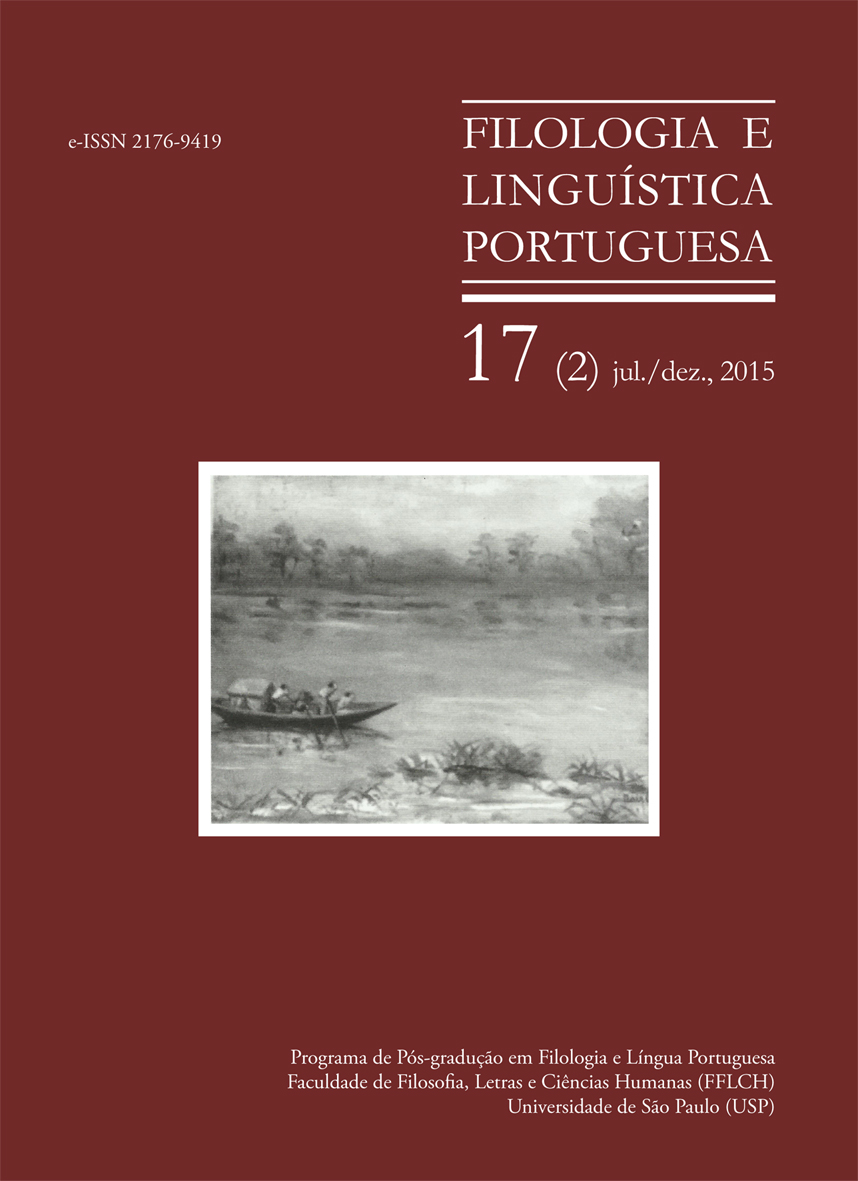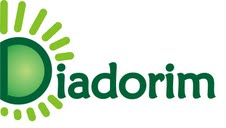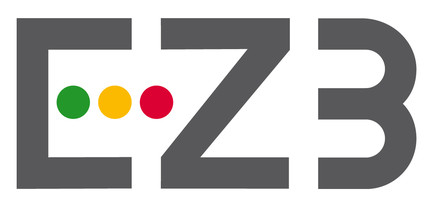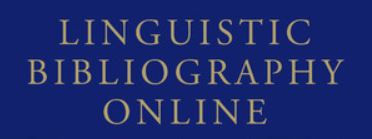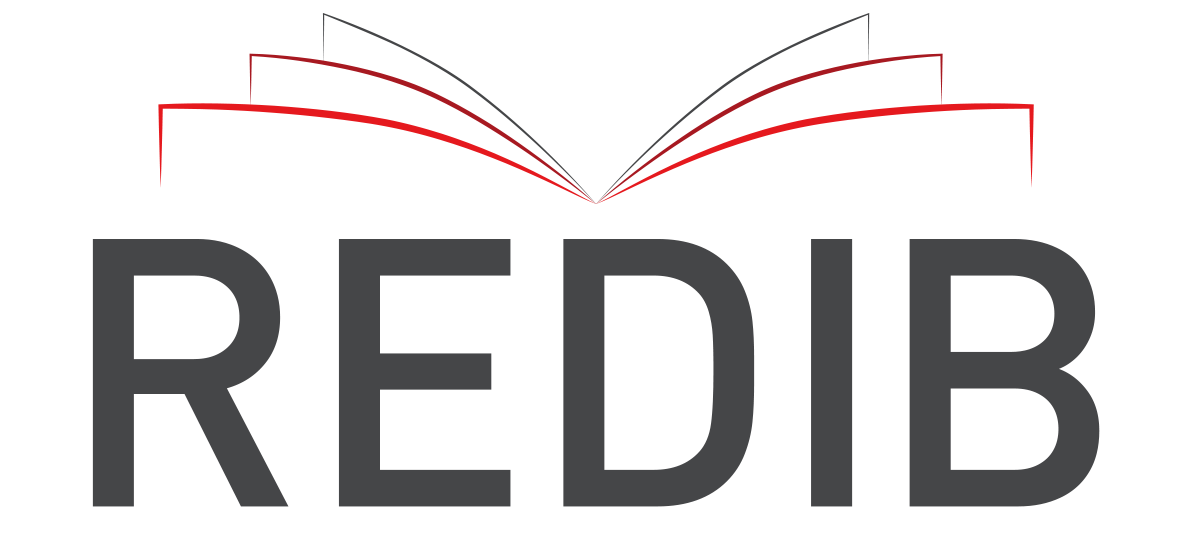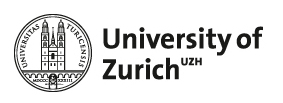The literacy process and the production of sense in written speech
DOI:
https://doi.org/10.11606/issn.2176-9419.v17i2p495-508Keywords:
Learning to read and write. Written discourse. Indicial knowledge.Abstract
The study aims at understanding aspects of children’s literacy process based on the analysis of traces of a child’s thought processes concerning the production of a written text. The aim is to highlight the presence of the subject in language, considering the opacity of reality and language. A written text of a 5 year-old child was selected from the database of our research group, due to its originality of construction. Theoretical and methodological guidelines make use of aspects of Bakhtin’s enunciation theory, of the history of writing and of the relation between oral and written language. The use of indicial knowledge is based on the method of knowledge whose strength is grounded in the observation of revealing details. The analysis of the child’s text shows how different representational systems coexist in her efforts to convey meaning by writing. Systems governed by distinct organizational principles are used with varying functions; the same function may sometimes present instabilities in its uses. Different signs are used considering the interlocutor and the social audience (Bakhtin, 1998). These findings support the view that learning to write involves knowing the alphabetical principle of language as well as the complex web of other knowledge bearing on the production of language having social value. It is important to understand learning of writing as a process presenting instabilities and stabilities, and children as persons who are capable of learning in complex ways.Downloads
References
Abaurre MBM. Os estudos linguísticos e a aquisição da escrita. In: Castro MFP, editora. O método e o dado no estudo da linguagem. Campinas: Editora da Unicamp; 1996. p. 39-58.
Amorim M. Alteridade e formas de saber. 3a Conferência de pesquisa sócio-cultural; 2000; Campinas, Brasil. Campinas, SP: Unicamp; 2000. p. 9.
Bakhtin M. Questões de literatura e de estética: a teoria do romance. 5a. ed. Aurora F. Bernardini, José P. Jr., Augusto G. Jr., Helena S. Nazário e Homero F. de Andrade, tradu- tores. São Paulo: Hucitec; 1998.
Brait B. Análise e teoria do discurso. In Brait B, editora. Bakhtin: outros conceitos-chave. São Paulo: Contexto; 2006. p. 9-31.
Cagliari LC. A escrita no século ��I (ou talvez além disso). [citado 10 jul. 2008]. Disponível em http://www.unicamp.br/iel/memoria/Ensaios; 2007.
Calvino I. Seis propostas para o próximo milênio. Ivo Barroso, tradutor. São Paulo: Com- panhia das Letras; 1990. p. 146.
Corrêa MCC. A constituição do vocábulo formal no texto escrito. In Amorim M, organiza- dora. Psicologia escolar: artigos e estudos. Rio de Janeiro: Editora da UFRJ; 1990. p. 27-37.
Ginzburg C. Raízes de um paradigma indiciário. In Ginzburg C. Mitos, emblemas, sinais. Morfologia e História. São Paulo: Companhia das Letras; 1989. p. 143-179.
Goulart CMA. Cultura escrita e escola: letrar alfabetizando. In Marinho M, Carvalho GT, organizadores. Cultura escrita e letramento. Belo Horizonte: Editora UFMG; 2010. p. 438-456.
Goulart CMA. Alfabetização e letramento: os processos e o lugar da literatura. In: Paiva A, Martins A, Paulino G, Correa H, Versiani Z, organizadores. Literatura: saberes em movimento. Belo Horizonte: CEALE/Autêntica; 2007. p. 57-68.
Goulart CMA, Garcia IHM, Souza ML, Gonçalves AV et alii. Processos de letrar e ser letrado na infância: modos de letrar e ser letrado na família e no espaço educativo formal. Relatório final de pesquisa. Programa de Pós-Graduação em Educação, UFF/CNPq; 2005. Relatório técnico.
Halliday MAK. The language of early childhood. Jonathan Webster, editor. Continuum; 2004. 415 p.
Halliday MAK. Learning how to mean. Explorations in the development of language. London: Edward Arnold; 1975. 161 p.
Pacheco CMG. Um estudo exploratório de aspectos do processo de produção de textos escritos por crianças de 7 anos [dissertação]. Rio de Janeiro: Pontifícia Universidade Católica, Departamento de Letras; 1992.
Pacheco CMG. Era uma vez três cabritinhos: a gênese do processo de produção de textos escritos [tese]. Rio de Janeiro: Pontifícia Universidade Católica, Departamento de Letras; 1997.
Soares MB. A escolarização da leitura literária. In: Evangelista A, Brandão H, Machado ZV, editoras. A escolarização da leitura literária: o jogo do livro infantil e juvenil. Belo Horizonte: Autêntica; 1999. p. 5-23.
Soares MB. Letramento: um tema em três gêneros. Belo Horizonte: Autêntica; 1998. 125 p.
Sobral A. Elementos sobre a formação de gêneros discursivos: a fase “parasitária” de uma vertente do gênero de auto-ajuda [tese]. São Paulo: Pontifícia Universidade Católica, Departamento de Letras; 2007.
Street BV. Abordagens alternativas ao letramento e desenvolvimento. Teleconferência UN- ESCO/Brasil sobre Letramento e diversidade, realizada em outubro de 2003. Disponível em <http://www.telecongresso.sesi.org.br>
Street BV. Literacy in theory and practice. Cambridge: University Press; 1984.
Downloads
Published
Issue
Section
License
Copyright is transferred to the journal for the online publication, with free access, and for the printing in paper documents. Copyright may be preserved for authors who wish to republish their work in collections.


